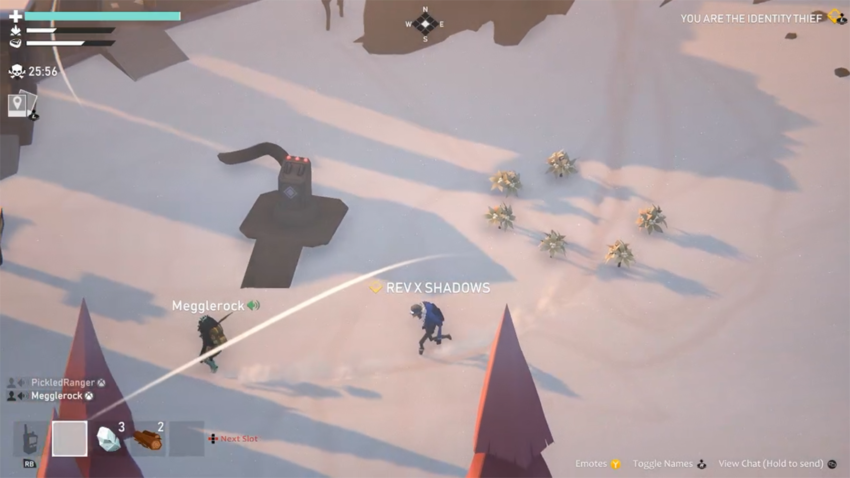
Anyone who had time to kill would often teach those around them the games they knew.”Īnd so modern AI can get the project over the hump. Wherever people spread to, wherever soldiers were stationed, wherever merchants were trading. “Even if two cultures don’t speak the same language, they can exchange play. “Games are social lubricants,” explains Cameron Browne, a computer scientist at the university who received his PhD in AI and game design. And long before them was Senet, one of the earliest known games, which, along with others played in ancient Egypt, may have ultimately inspired backgammon. Centuries ago, before the chess we know today, there was Chaturanga in India, Shogi in Japan, and Xiangqi in China.

And for the first time, so are hundreds of other games thought to have been lost to history.īoard games go back a long way. Today, not only can its recognition as a game be further assessed, with hopes of a clearer answer in future, a version of it is also playable online.

Thanks to an algorithm the team used to analyze the playability of one suggested ruleset, the century-old guesswork could soon be taken out of the Knossos game. Without any, the Greek board’s function remained unresolved-that is, until recently.Įnter artificial intelligence and a group of researchers from Maastricht University in the Netherlands. Games need instructions for players to follow. There was no rulebook, no hints, and no other copies have ever been found. Playing it, however, stumped Evans, and many others after him who took a stab at it.

In 1901, on an excavation trip to Crete, British archaeologist Arthur Evans unearthed items he believed belonged to a royal game dating back millennia: a board fashioned out of ivory, gold, silver, and rock crystals, and four conical pieces nearby, assumed to be the tokens.


 0 kommentar(er)
0 kommentar(er)
